The role of the private sector in sports is indisputable. For example, in football, before Mr. Duc appeared, Gia Lai team had never played in the highest league, but after only 2 years of transfer, HA.GL recruited almost the entire Vietnamese and Thai teams to Gia Lai and then they were promoted and won the V-League for 2 consecutive seasons.
The same thing happened to Dong Tam Long An of Mr. Thang, or more typically, after only 20 years of investment, Hanoi FC set a record with 6 V-League championships. The average annual amount of money to operate professional clubs is around 100 billion VND, an unimaginable number when looking at the budget for sports in the localities.
Without the private economy, it is hard to imagine that Vietnamese futsal will be the first football team to participate in the World Cup or that the VBA professional basketball tournament following the American model will not cost a single penny of the budget.
In 2001, the V-League was born, helping VFF earn up to 2 million USD when selling the commercial rights for 3 seasons to the sports marketing company Strata. Currently, the revenue of VPF Company, which manages V-League, is up to more than 200 billion VND, including television copyright, something that was only a "dream" 2 decades ago.
But despite having been officially involved directly in the ownership and competition of elite sports for more than three decades through a socialization strategy, private economic activities have mainly stopped at the level of promotion and marketing, and have hardly participated deeply in the value chain to create a true sports economy. Although clubs have registered for the sports business, they do not produce or create tangible products for commercial exploitation.
There are still no “packaged copyright products”, the number of sports marketing companies is not large. Even in sports sponsorship, the number of brands withdrawing after a few years of participation is as high as the number of newcomers. Basically, Vietnamese sports still do not have much to sell, or create a vibrant business market, almost no significant proportion in the “consumer basket” of the people.
This is truly regrettable. Sports, which has been ahead in socialization compared to the education and health sectors, is currently at a standstill as it cannot contribute anything to the national GDP. Hopefully, Resolution 68 will clear the bottlenecks in the mechanism and inspire more courage in sports "bosses" and businesses.
Source: SGGP Newspaper
Source: https://bvhttdl.gov.vn/kinh-te-tu-nhan-voi-the-thao-20250515102706055.htm


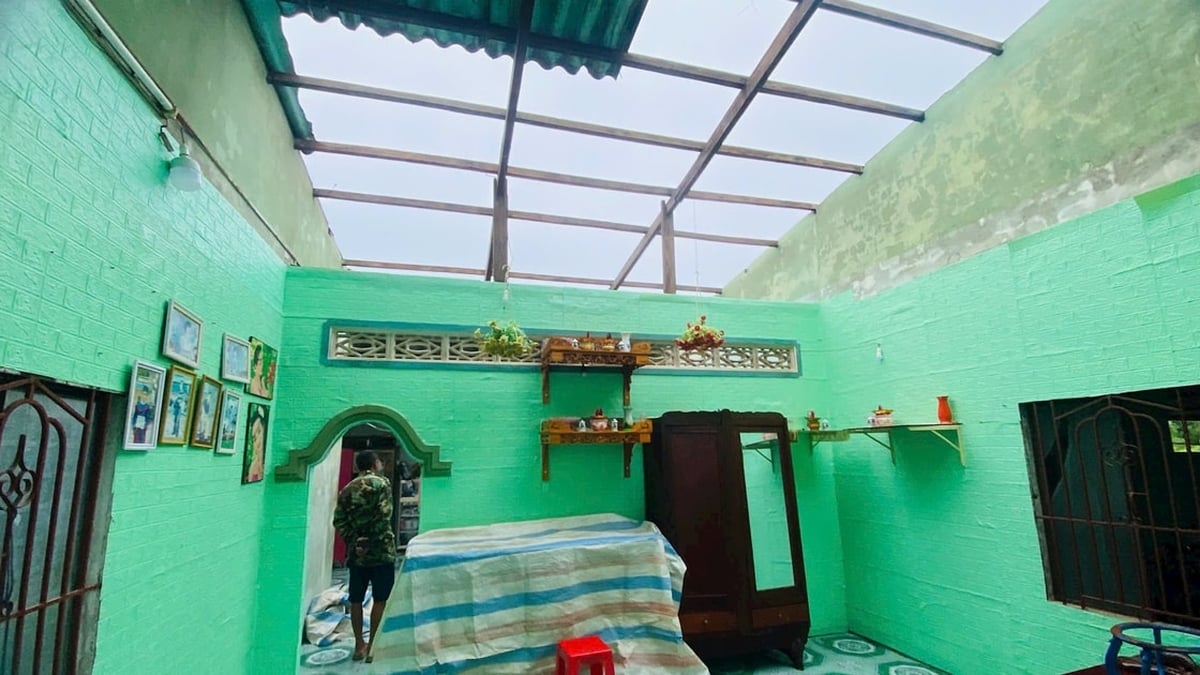
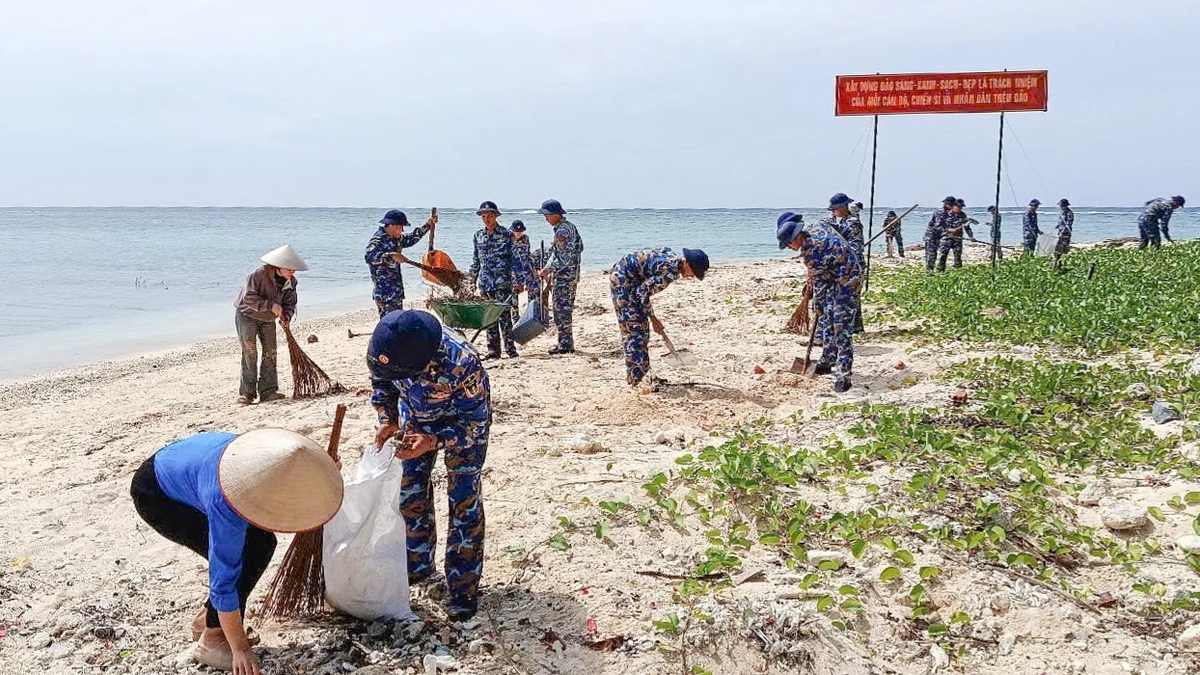

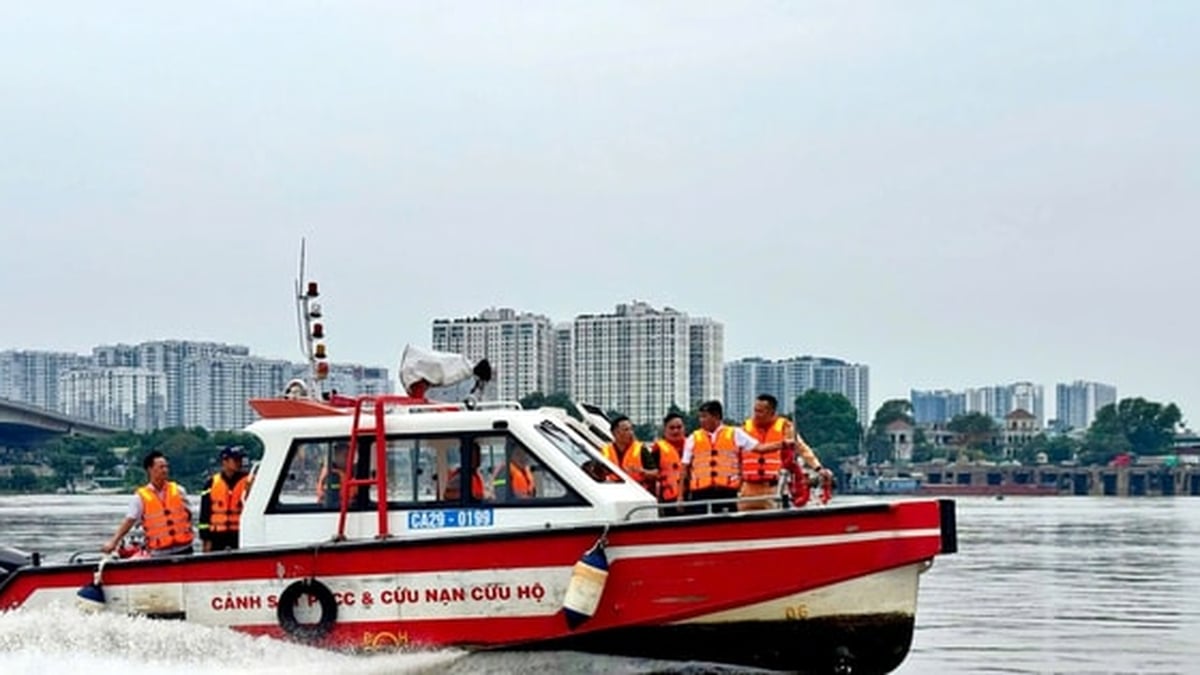
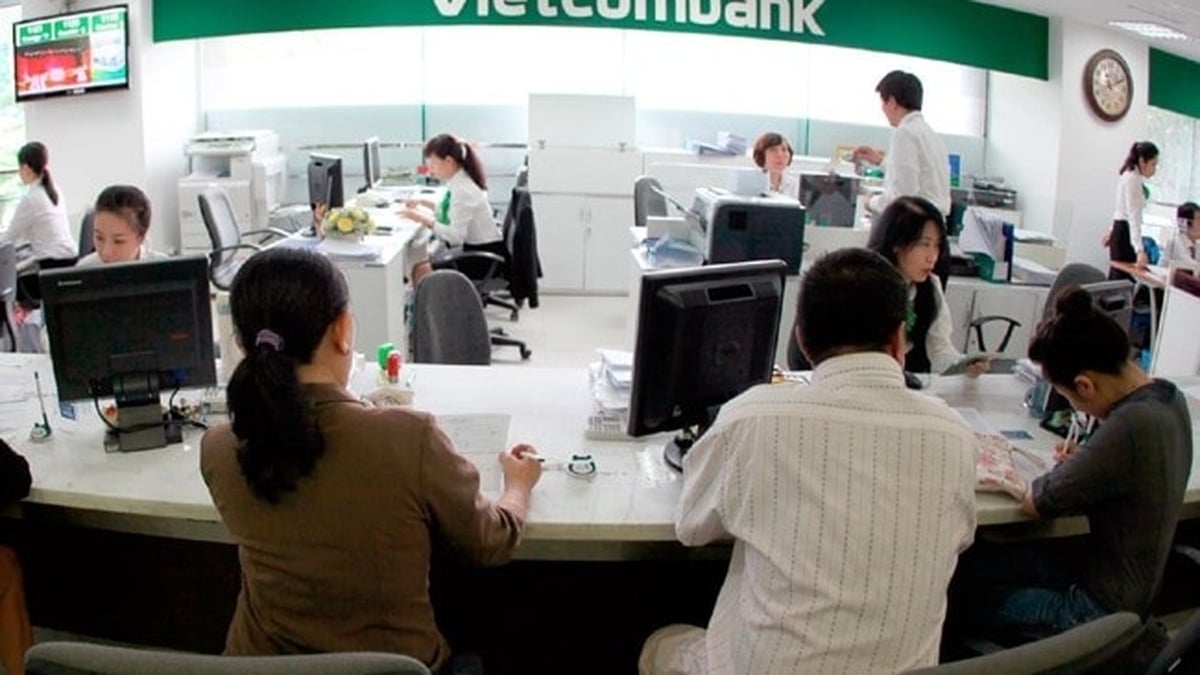
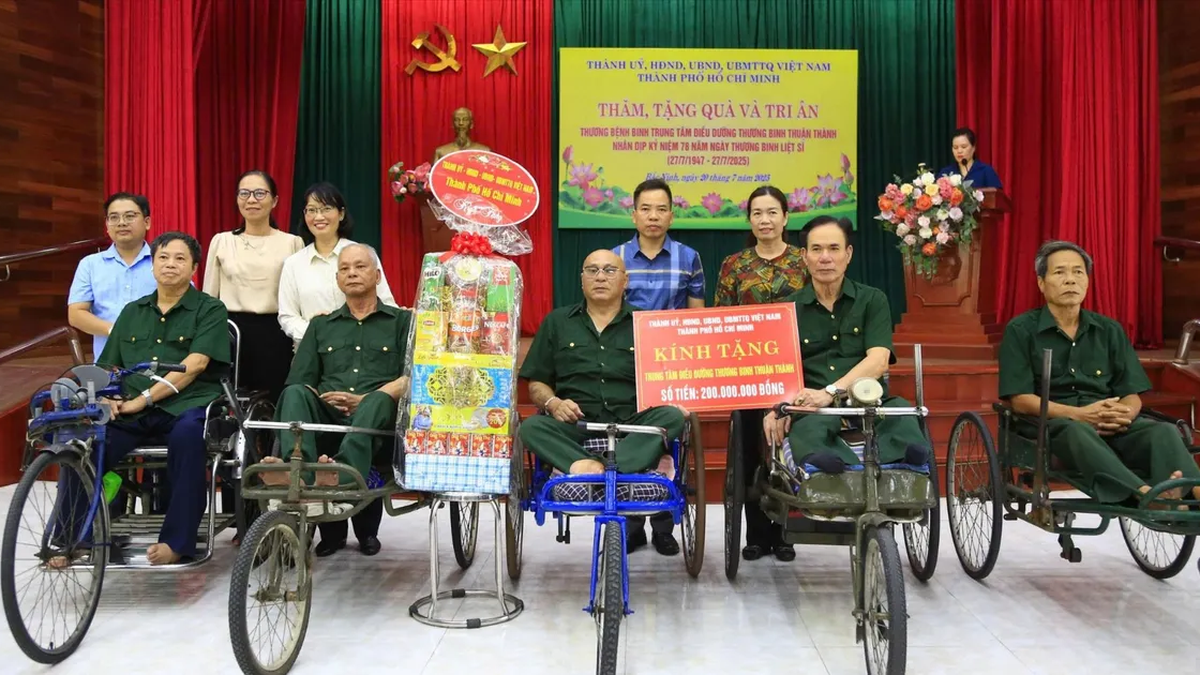
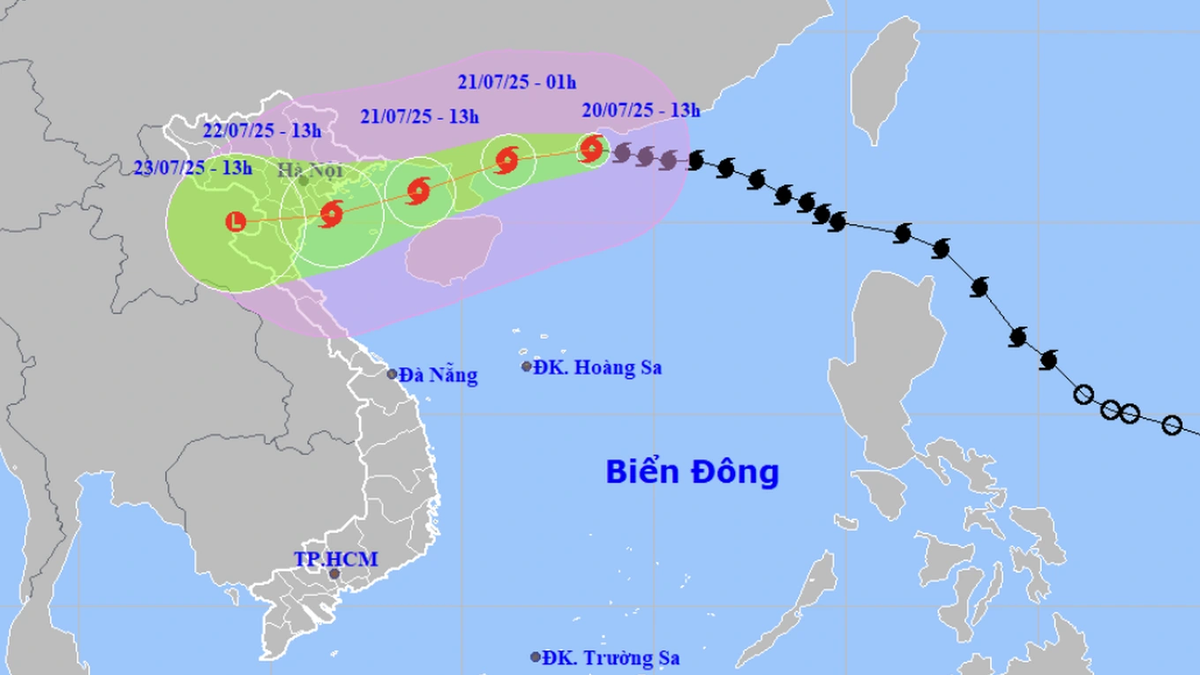
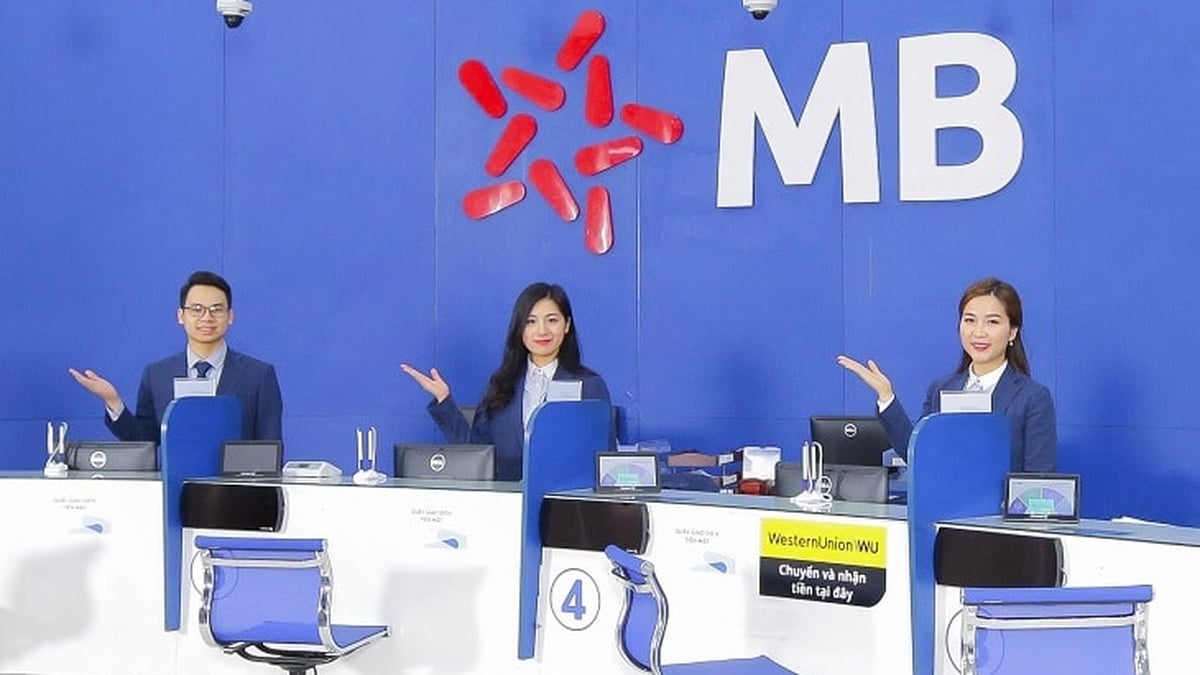
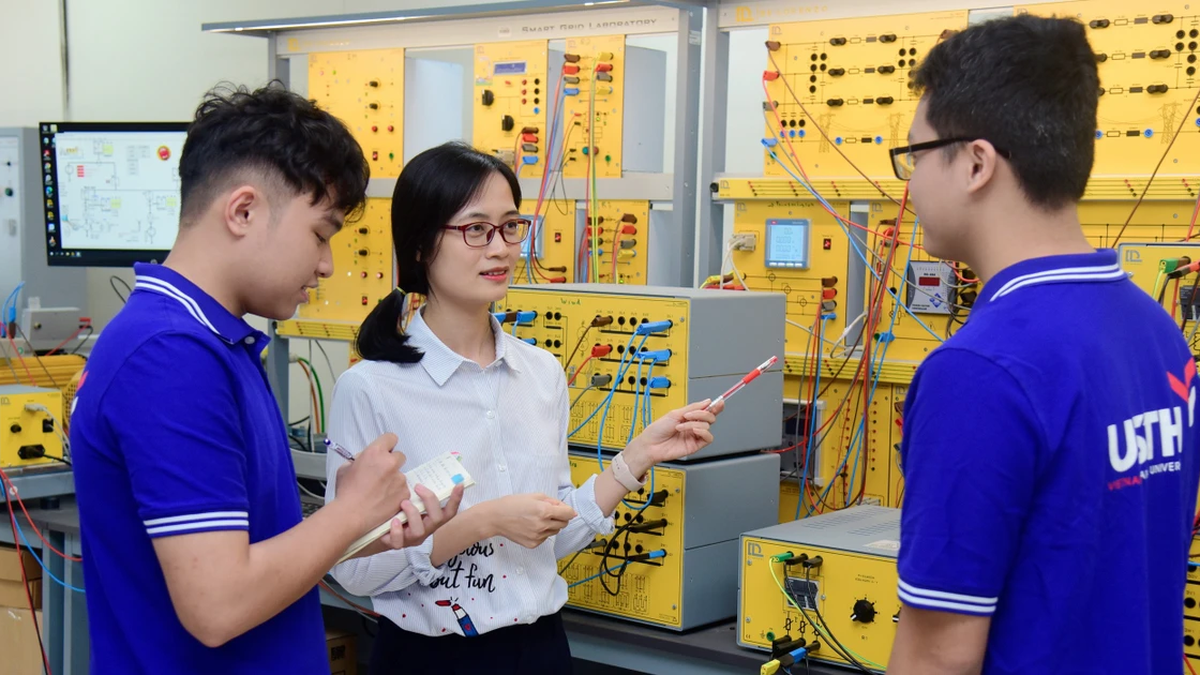
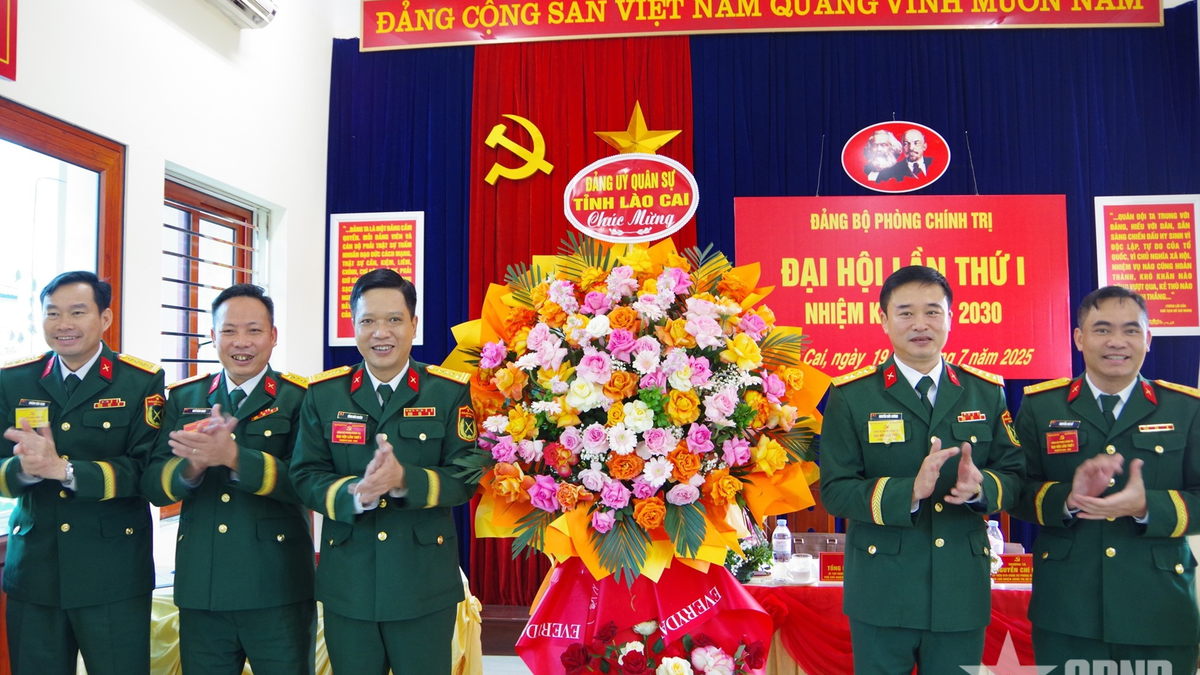
















![[Photo] National Assembly Chairman Tran Thanh Man visits Vietnamese Heroic Mother Ta Thi Tran](https://vphoto.vietnam.vn/thumb/1200x675/vietnam/resource/IMAGE/2025/7/20/765c0bd057dd44ad83ab89fe0255b783)





































































Comment (0)